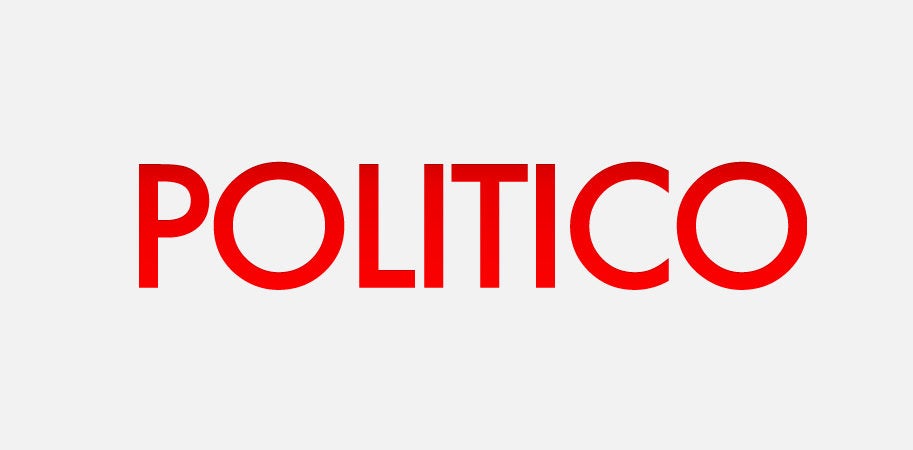U.S.-EU trade talks are suddenly going full steam ahead again — but they won’t rapidly turn into anything as ambitious as the Transatlantic Trade and Investment Partnership that hit the rocks in 2016.
Speaking in Davos on Wednesday, U.S. President Donald Trump predicted an agreement with Brussels before the U.S. election in November and European Commission President Ursula von der Leyen told German media that some kind of agreement could be struck “in a few weeks’ time.”
Still, even Trump’s timeframe is tight for a full-blown trade pact and von der Leyen stressed she was looking at a more limited, three-way focus on “technology, trade and energy.”
The European Commission declined to elaborate on her remarks, but negotiators from both parties have long been working on two deals to align technological standards and conformity assessments on everything from toys and electronics to lifts and medical devices.
In November, outgoing trade chief Cecilia Malmström said such a deal was close at hand and that the EU was waiting for the U.S. to pick it up.
Trump said he had a “very specific date” in mind for a U.S.-EU accord. Asked if that was before November’s election, he said “I think we’ll have a deal before.”
Von der Leyen told the German daily Die Welt that she and Trump had “discussed a process where we will sit down together in a really serious way and work out the different points of conflict and also agree relatively quickly on an agreement, because I believe that no one has an interest in getting into trade disputes over the coming months.”
When asked how quickly an agreement was possible, she replied: “We are talking about a few weeks, experts are already sitting together and working.”
For Europe, a lightweight deal would relieve some pressure.
Since 2018, when Washington imposed tariffs on European steel and aluminum, Trump has looked for pressure points to use trade policy to lower America’s eye-watering trade-in-goods deficit with the EU. Since then, he has also imposed duties on European goods ranging from wine to planes to retaliate against European subsidies for the aerospace company Airbus, Boeing’s main rival, and has also repeatedly threatened to slap tariffs on the European car industry.
In the past, the EU and U.S. have been able to use a cosmetic deal to cool tensions. In 2018, von der Leyen’s predecessor, Jean-Claude Juncker, agreed a politically expedient “accord” with Trump by pledging to buy more U.S. soybeans and liquefied natural gas to avert car tariffs. In reality, Brussels had no power to make such promises because the purchases are made on an open market.
The main obstacle to reviving a full-blown TTIP agreement is agriculture. Europe has flatly refused to include a negotiating chapter on farming in transatlantic trade talks, and the traditional American position has been that an accord would not be possible without it.
The other main complication is that French President Emmanuel Macron and the European Parliament refuse to approve trade agreements with countries that have not ratified the Paris climate accord. Trump has started the process of U.S. withdrawal.
To see the full article click here.

